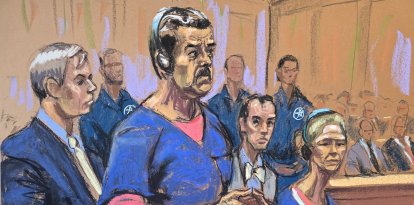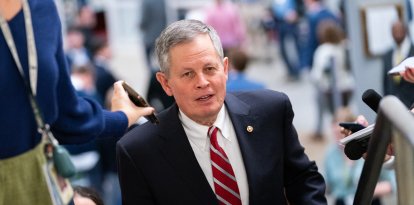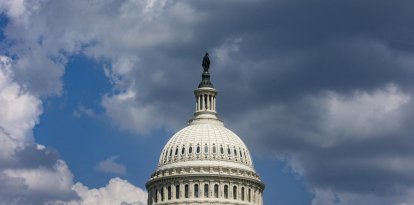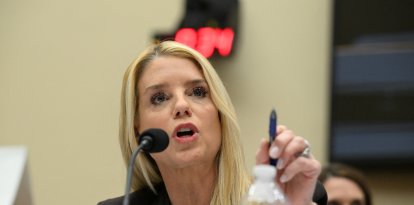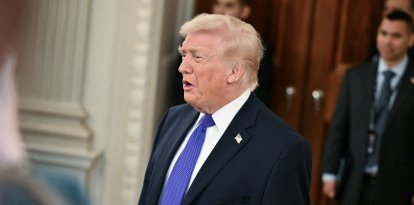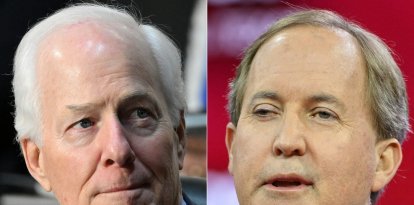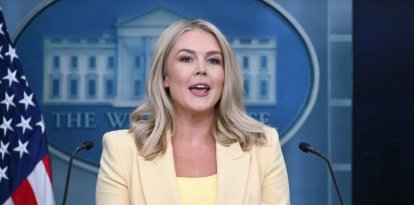What exactly do the partial travel restrictions announced by Trump mean?
While the executive order states that no existing visas will be revoked, it also makes clear that the issuance of all new visas for the 12 fully restricted countries and the seven partially restricted countries will be suspended.

U.S. President Donald Trump
U.S. President Donald Trump signed a proclamation on Wednesday imposing travel restrictions on individuals from a dozen countries, citing national security concerns. The proclamation mirrors a similar travel ban enacted during his first term. It imposes full entry bans on citizens of Yemen, Sudan, Somalia, Libya, Iran, Haiti, Eritrea, Equatorial Guinea, the Republic of Congo, Chad, Burma, and Afghanistan. Additionally, citizens of Venezuela, Turkmenistan, Togo, Sierra Leone, Laos, Cuba, and Burundi face partial travel restrictions.
In the case of the seven countries subject to partial restrictions, citizens may still enter the United States under certain conditions. These restrictions include numerous exceptions, allowing entry for tourists, students, and participants in exchange programs. Individuals from these countries may also be granted entry if they meet specific requirements—exceptions not available to citizens of countries under the full travel ban.
In its proclamation, the White House clarified that the travel ban does not apply to individuals in either group who already hold valid U.S. visas, are lawful permanent residents, diplomats, or members of sports teams and delegations participating in events like the Olympic Games or the World Cup. The Trump administration also specified that exemptions extend to individuals granted special visas for fleeing political persecution in Iran, as well as those who assisted U.S. Armed Forces during operations in Afghanistan.
Details on the partial restriction
For the second group of countries facing partial restrictions, citizens holding certain types of visas can still enter the United States without issue. These include the B-1 visa for business travel, the B-2 visa for tourism, and the B-1/B-2 combination visa for both purposes. Other accepted visas are the F-1 for academic students, the M-1 for vocational students, and the J-1 exchange visa for individuals participating in cultural or temporary work programs.
In contrast, for the countries subject to a full travel ban, the proclamation states that the restrictions will apply only to citizens of those nations who are outside the United States as of the measure’s effective date—Monday, June 9—and who do not already hold a valid U.S. visa.
The decree signed by the Republican president also outlines several exceptions for citizens of the seven countries subject to partial restrictions. These exceptions apply to individuals who are lawful permanent residents of the United States; those who hold dual nationality with a non-designated country and are traveling on that country's passport; and those traveling on certain types of visas, including diplomatic visas. The measure also exempts members of teams or delegations officially participating in competitions within the United States, individuals adopted by U.S. citizens, and relatives of U.S. citizens seeking entry into the country. Additionally, it does not apply to those who are lawfully in refugee status, seeking refuge, have been granted asylum, or are applying for political asylum in the United States.
While the executive order states that no existing visas will be revoked, it also makes clear that the issuance of all new visas for the 12 countries under full restriction and the seven countries under partial restriction will be suspended until further notice.













